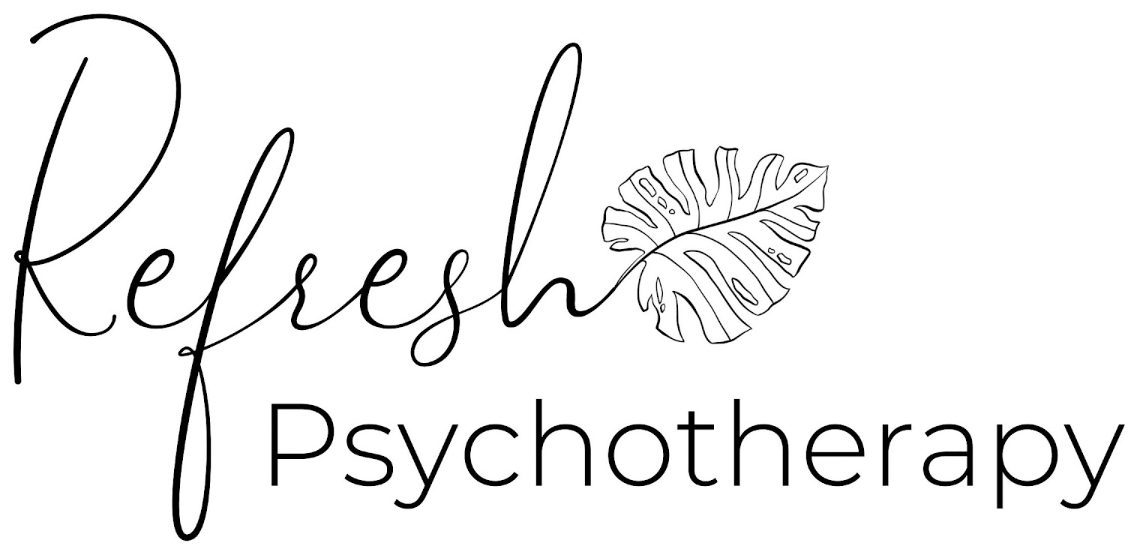
Accent Anxiety at Work: Speaking Up Without Self-Sabotage — CBT Techniques to Silence the Inner Critic Triggered by Language Barriers
In multicultural workplaces, language diversity is a strength. But for many professionals who speak English as an additional language, that diversity can come with a heavy emotional cost. If you’ve ever hesitated to speak up in a meeting, rehearsed simple sentences dozens of times, or felt your heart race just before saying your name aloud, you’re not alone. This experience is called accent anxiety, and it’s a widespread—but rarely discussed—mental health challenge for multilingual professionals.
Accent anxiety isn’t about your English proficiency. It’s about the fear of being judged, dismissed, or misunderstood because of how you sound. And it’s often rooted not just in interpersonal experience, but in internalized messages about competence, belonging, and authority.
This article explores the psychological impact of accent anxiety, why language-based shame is a form of trauma, and how to use CBT-informed tools to quiet your inner critic and reclaim your voice at work.
What Is Accent Anxiety?
Accent anxiety refers to the fear, shame, or self-doubt triggered by speaking in a non-dominant accent or dialect, particularly in professional or formal settings. It may include:
- Preoccupation with pronunciation or grammar mistakes
- Avoiding speaking roles in meetings or presentations
- Over-editing emails or scripts to sound more “native”
- Feeling like an imposter even with subject-matter expertise
- Shame or embarrassment after minor communication errors
These reactions are not simply about discomfort—they are manifestations of internalized linguistic bias, often reinforced by social cues, microaggressions, or subtle exclusion.
The Psychological Weight of Language-Based Shame
Psychologically, accent anxiety overlaps with phenomena like stereotype threat, imposter syndrome, and social anxiety. Research has found that language-based stigma and accent discrimination can lead to increased anxiety, lower self-esteem, and even depressive symptoms, particularly in environments where one’s accent becomes a marker of “otherness” (Gluszek & Dovidio, 2010).
What makes accent anxiety especially difficult is that it often triggers an internalized message: “I don’t sound right, therefore I don’t belong here.” Over time, these experiences shape identity and erode confidence, regardless of how capable or accomplished the individual may be.
For many people, their accent carries their history, culture, and personal story. When it’s met with condescension or correction, that rejection is deeply personal. And when these moments happen at work—where performance, status, and stability are at stake—they can feel especially threatening.
Why CBT Techniques Help
Cognitive Behavioral Therapy (CBT) is an evidence-based therapeutic approach that focuses on identifying and challenging unhelpful thought patterns. It’s particularly useful for accent anxiety because it targets the automatic thoughts and cognitive distortions that lead to emotional distress and self-sabotaging behavior.
CBT doesn’t aim to eliminate your accent—it helps you stop treating your voice as a problem. The goal is not to “perfect” your communication but to build self-trust, flexibility, and emotional safety when speaking authentically.
CBT Tools to Reduce Accent Anxiety at Work
- Thought Monitoring: Name the Inner Critic
The first step is noticing when self-critical thoughts arise. You might hear an internal voice say, “They won’t take me seriously,” “I’m going to mess this up,” or “I should let someone else talk.” Write down these thoughts and ask:
- Is this objectively true?
- What’s the evidence for and against this belief?
- What would I say to a friend in this situation?
This exercise helps create distance between you and your anxious thoughts. Thoughts are not facts—they’re habits of mind shaped by lived experience.
- Cognitive Reframing: Challenge Distorted Thinking
CBT teaches us to challenge cognitive distortions like catastrophizing (“If I say one wrong word, they’ll think I’m incompetent”) or mind-reading (“They’re judging me”). Replace these with more accurate alternatives:
- “Everyone has an accent. My expertise speaks louder than my pronunciation.”
- “If I stumble, it doesn’t mean I’m unqualified—it means I’m human.”
- “I’ve communicated successfully before; I can do it again.”
Reframing doesn’t mean lying to yourself—it means telling the whole truth, not just the anxious version.
- Behavioral Experiments: Speak Anyway
Avoidance reinforces anxiety. The more you stay silent, the more your brain associates speaking up with danger. CBT encourages small, planned behavioral experiments—like asking a question during a meeting or introducing yourself without rehearsing.
Afterward, reflect:
- What did I predict would happen?
- What actually happened?
- What does that tell me about my fear?
These exercises retrain the brain to see speaking as tolerable—even when imperfect.
- Self-Compassion Scripts: Rewriting Internal Dialogue
Many people with accent anxiety carry self-talk inherited from school, workplace discrimination, or family messages. Creating a new inner narrative is a crucial step. Try using phrases like:
- “My voice deserves space.”
- “I don’t need to sound like anyone else to be heard.”
- “Fluency is not the same as intelligence.”
Self-compassion is not indulgent—it’s a corrective for internalized harm.
Systemic Bias Isn’t Your Fault—But Healing Is Still Your Right
Accent anxiety doesn’t arise in a vacuum. Many workplaces reinforce linguistic bias by rewarding dominant norms and marginalizing others. You didn’t choose this system, and you didn’t create these fears. But you can choose to heal from them.
Affirming your voice, learning to speak with presence, and building emotional safety while navigating accent-based bias are mental health goals—not just professional ones.
Your Voice Is Enough
You may still worry sometimes. You may still overthink, freeze up, or replay conversations in your head. That’s okay. Healing is not about perfection—it’s about freedom. Freedom to speak, to share, and to be heard in the voice you actually have.You are not “less than” because of your accent. You are someone who navigates two or more linguistic worlds—and that’s a strength, not a flaw. You don’t have to lose your voice to find your place.
Written by: Keeley Teemsma, LCSW, MA
Works Cited
Gluszek, A., & Dovidio, J. F. (2010). The way they speak: A social psychological perspective on the stigma of non-native accents in communication. Personality and Social Psychology Review, 14(2), 214–237.
Tummala-Narra, P. (2021). Cultural identity, immigration, and mental health: Working with culturally diverse individuals and families. American Psychological Association.
Clark, D. A., & Beck, A. T. (2011). Cognitive Therapy of Anxiety Disorders: Science and Practice. The Guilford Press.
Neff, K. D., & Germer, C. K. (2013). A pilot study and randomized controlled trial of the mindful self‐compassion program. Journal of Clinical Psychology, 69(1), 28–44.
